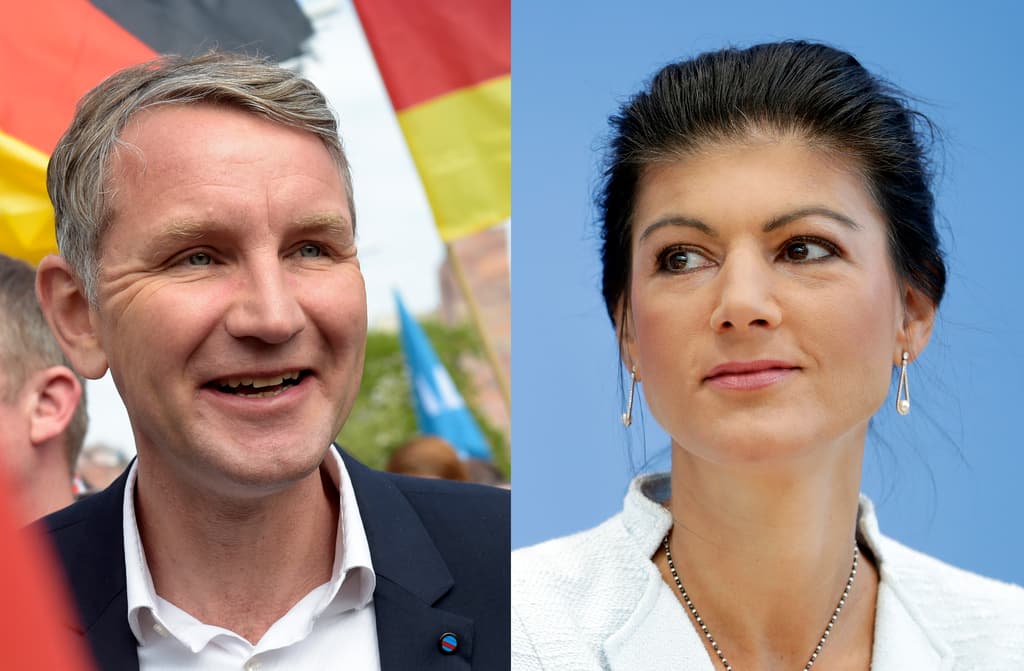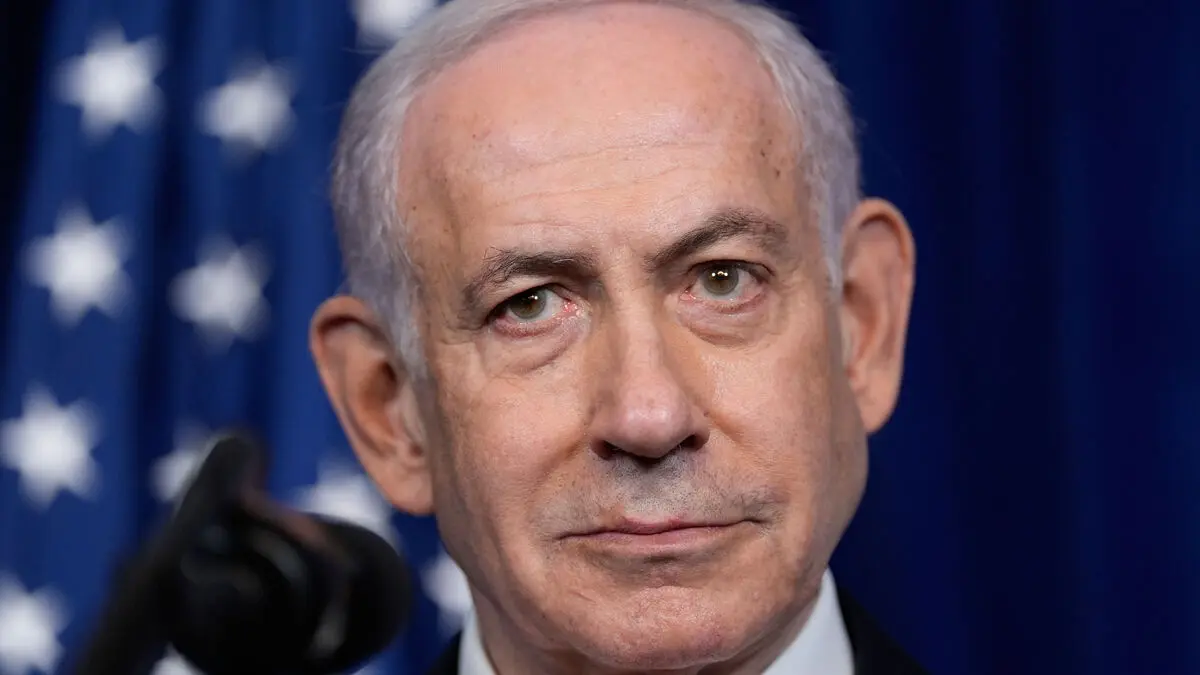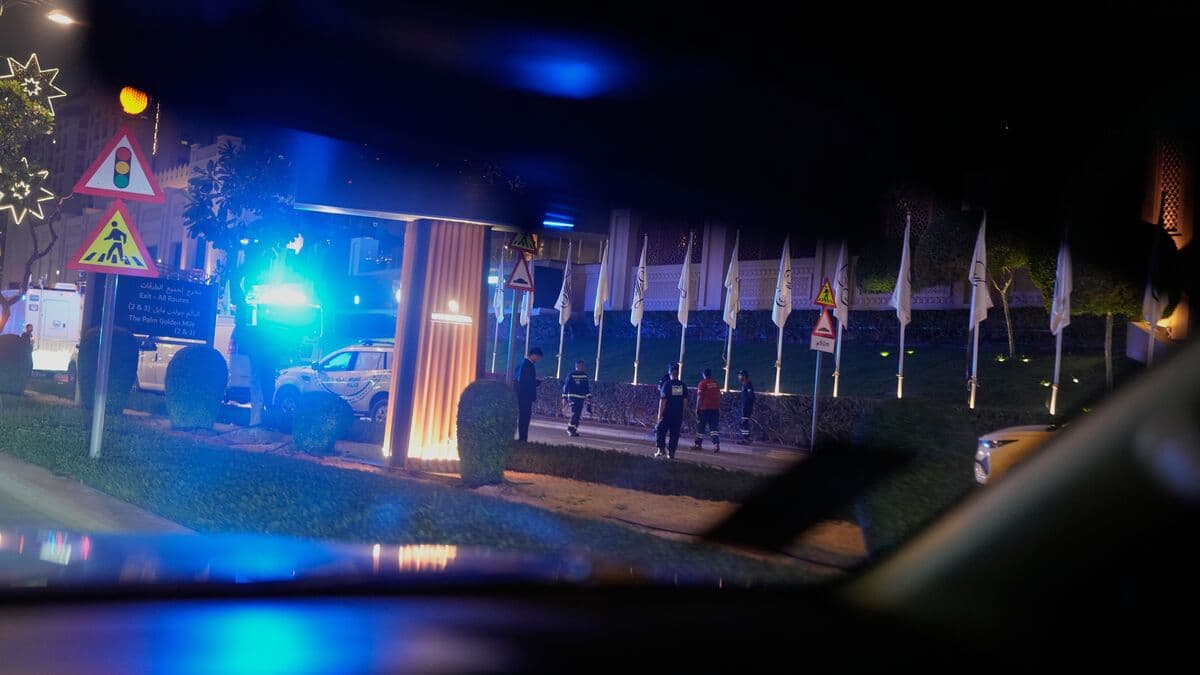Sunday's election can put the small state of Thüringen in the heart of Germany on the map as two of the country's most controversial politicians seem to sweep the middle parties, including Chancellor Olaf Scholz's Social Democrats.
At the forefront: Alternative for Germany (AFD) led by Björn Höcke. The party, which appears to become the clear largest with nearly a third of the votes in polls, is classified by the intelligence service as right-wing extremist (in Thüringen, among other places) and Höcke himself has been fined twice for chanting Nazi slogans during election meetings.
Challenger from the left
Since no other parties want to cooperate with AFD, much focus has instead shifted to the challenger Sahra Wagenknecht. She has a background in the Left Party, Die Linke, but started her own party in the autumn of 2023. With criticism of what she calls lifestyle left, advocating for peace talks with Putin and strong opposition to immigration, she appears to be able to attract every fifth voter in Thüringen and almost as many in the neighboring state of Sachsen, which is also going to the polls.
The knife attack in Solingen, where a Syrian IS sympathizer murdered three concert-goers, has led the government in Berlin to tighten policies in several areas. On Thursday, a legislative package was presented that gives authorities greater powers to monitor migrants in order to identify violent Islamists and other security threats. The knife law is also being tightened.
And on Friday, the first deportation flight with convicted Afghan criminals took off since the Taliban took power in 2021.
Dark prospects for Scholz
The question is whether it will be enough for the millions of Germans – not least in the east – who see AFD as the only guarantee of a paradigm shift. Few of them seem concerned about Björn Höcke's aggressive rhetoric, including slogans directly borrowed from Hitler's SA units.
Wagenknecht, like the other parties, rules out cooperation with AFD. Mathematically, it means that it will be difficult to circumvent her party in the complicated talks that are likely to follow. If Höcke were to surprisingly become head of government, he could appoint AFD sympathizers to top positions within, among other things, the police and the constitutional protection agency.
None of the alternatives would be a dream scenario for Olaf Scholz.






